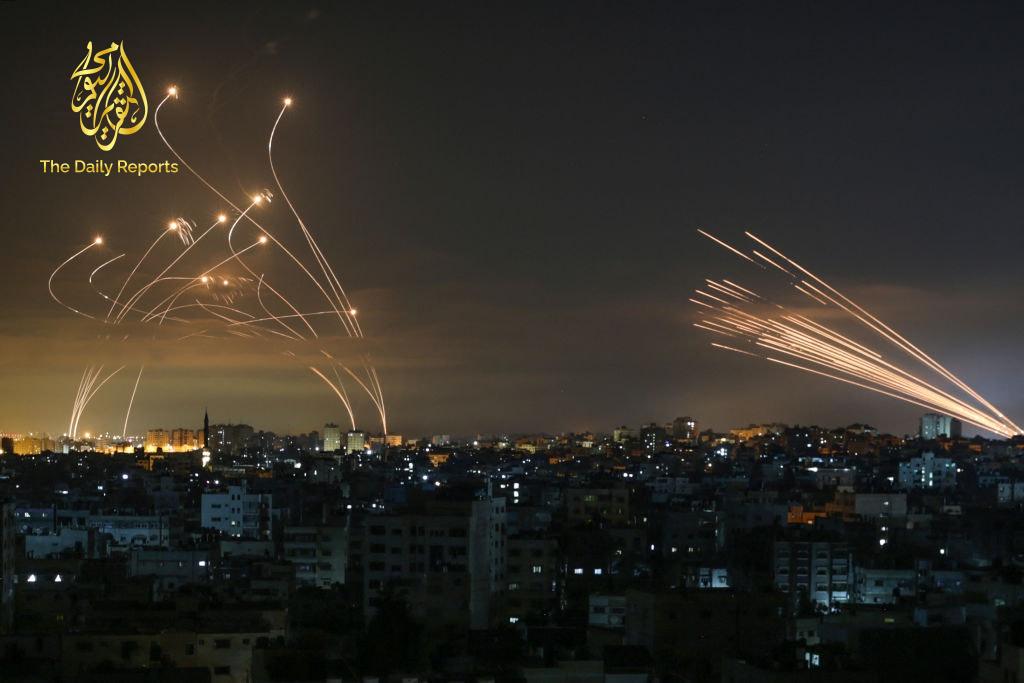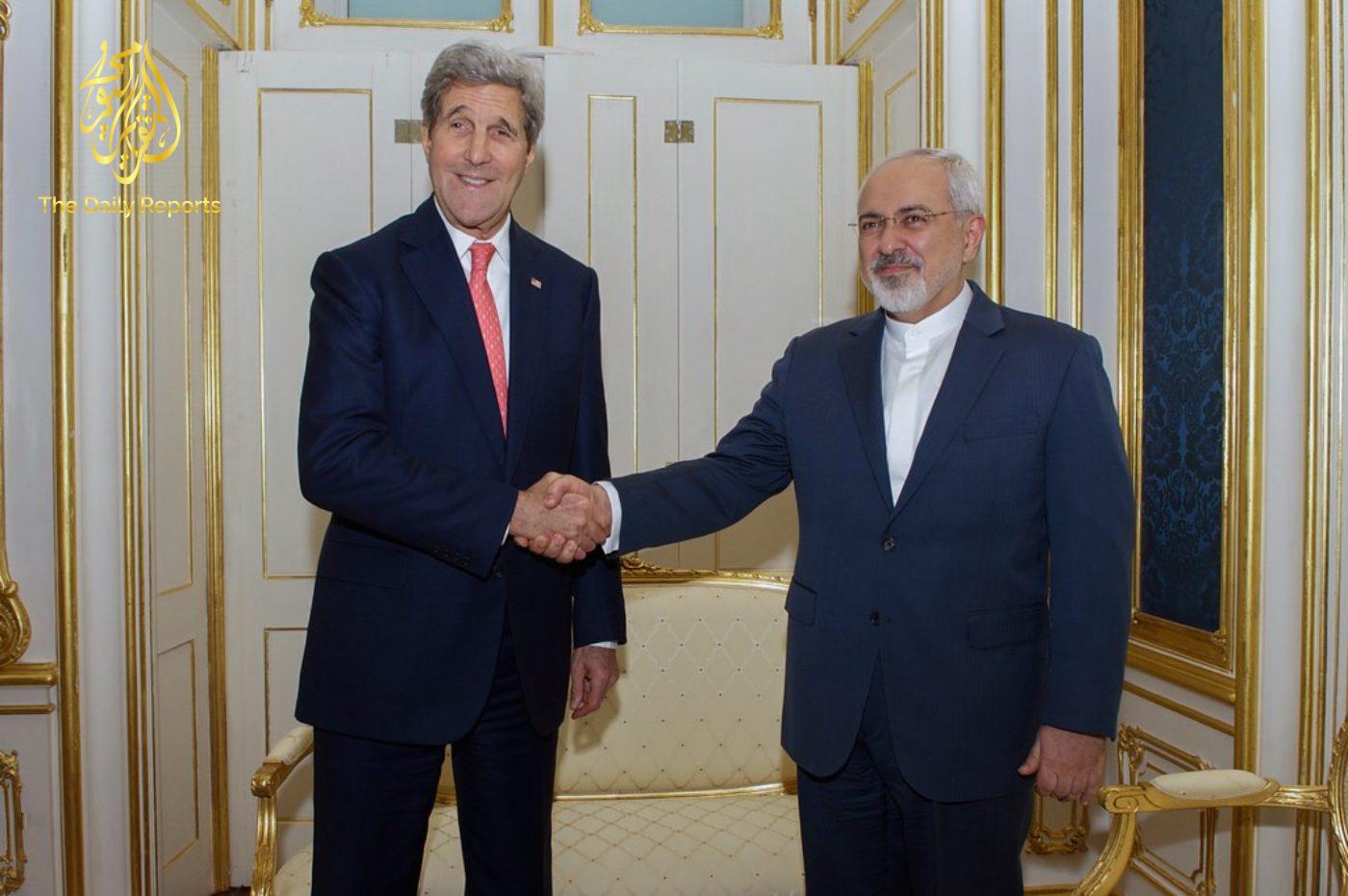Operatives of Iran’s Islamic Revolutionary Guard Corps (IRGC) are reportedly entering European ports disguised as ordinary seafarers aboard Iranian ships and oil tankers, sources familiar with the situation told Iran International. These sources, connected to a Middle Eastern security apparatus, allege that these individuals do not declare their identities and are armed while in European ports such as Constanta (Romania), Valencia (Spain), Ravenna (Italy), and Antwerp (Belgium). The armed IRGC operatives are said to be collecting intelligence in Europe while circumventing sanctions.
The European Union (EU) has imposed numerous sanctions against the Islamic Republic, targeting individuals associated with the IRGC, government officials, and entities due to Iran’s human rights abuses, nuclear proliferation, and military support for Russia’s war in Ukraine. To date, 227 individuals and 42 entities have been sanctioned. In May, new sanctions were introduced against those supplying or transferring Iran’s missiles and drones.
Farzin Nadimi, a defense and security analyst and Senior Fellow with the Washington Institute, explained that armed guards are typically not allowed in European ports unless properly identified and justified. Concealing themselves as ordinary seafarers to circumvent sanctions and engage in unauthorized activities violates International Maritime Organization (IMO) regulations.
The IMO noted that flag states set security levels on board their ships and approve security plans, including armed personnel requirements, while port states set their own docking requirements. The IMO stated it lacks specific information on the use of armed personnel on Iranian-flagged ships.
Sources allege the IRGC is transporting Quds forces and weaponry from Iran to Syria by sea before entering European ports, possibly as a response to Israeli air and land attacks in Syria and Lebanon. Jason Brodsky, policy director of United Against Nuclear Iran, indicated that Iran has shifted smuggling routes from land and air to maritime to avoid Israeli strikes.
A recent report by the Telegraph cited Israeli sources claiming that Iran uses European ports to cover shipments of weapons to Hezbollah, with missiles and bombs transported to Belgium, Spain, and Italy. Brodsky noted the IRGC’s proficiency in smuggling arms, oil, people, and goods worldwide.
In 2022, the US Department of the Treasury’s Office of Foreign Assets Control (OFAC) sanctioned members of an international oil smuggling network generating revenue for Hezbollah and the IRGC-Qods Force. Brodsky suggested that these ships bypass customs through bribes and by disguising weapon shipments as humanitarian cargo.
Richard Goldberg, a senior advisor at the Foundation for Defense of Democracies (FDD), expressed concern over armed IRGC operatives on these fleets, highlighting the need for the EU to list the IRGC as a terrorist entity and strengthen transatlantic alliances to counter these activities. Goldberg emphasized the danger these operations pose not only to Europe but also to North America.









